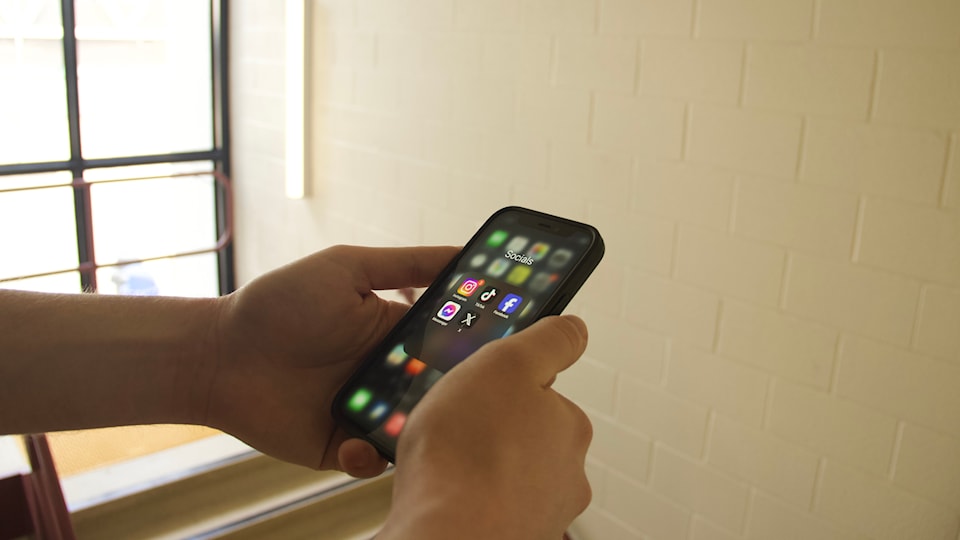The U.S. House of Representatives voted in favour of a bill on March 13 that said TikTok’s Chinese owner ByteDance Ltd. must divest its U.S. assets or be banned in around six months.
The issues cited for the bill are alleged concerns regarding the risks to national security and the young generation of users.
A majority vote must approve the bill in the U.S. Senate and be signed by current President Joe Biden to qualify as a law, according to Congress.
The Protecting Americans from Foreign Adversaries Controlled Applications Act states that it is “To protect the national security of the United States from the threat posed by foreign adversary controlled applications, such as TikTok and any successor application or service and any other application or service developed or provided by ByteDance Ltd. or an entity under the control of ByteDance Ltd.”
Similarly, the same national security concerns resulted in the removal of the application from all federal and government-issued phones in Canada in February 2023.
Premier Doug Ford’s government followed suit in March 2023.
Mona Fortier, president of the Treasury Board of Canada, issued a statement that said the Chief Information Officer of Canada determined that it presents a risk to privacy and security.
Canada launched a joint federal and provincial investigation into the social media application in September 2023, which was revealed on March 14, the day after the U.S. House of Representatives passed the bill.
Around a fourth of young Canadians use the platform, according to a 2022 survey from Toronto Metropolitan University’s Social Media Lab.
Matthew Gupta, a Canadian social media influencer and content creator, said the fallout from the proposed ban in the U.S. will have an enormous impact on the influencer community in Canada.
Gupta began his career as a content creator during the pandemic and has amassed a following of around four million on TikTok.
“A lot of creators from Canada are going to lose out because a lot of our following is in the U.S. A lot of our viewership comes from the U.S. because it’s a much bigger market,” he said.
Gupta said it would have huge business implications for creators like him who do a lot of work with U.S.-based brands.
“For a lot of the content creators in Canada, it doesn’t even matter if it gets banned in Canada or not," he said. "It being banned in the U.S. has the same effect on us creators as it would if it was banned in all of North America.”
However, it is notable that security controls and community guidelines are stricter on TikTok than on platforms like Instagram or Facebook, Gupta said.
TikTok has faced the barrel of the ban in several countries across continents over cyber security and privacy concerns with ByteDance Ltd. and its connection with the Chinese government.
Nadia Marques, a digital planner for Dentsu Aegis Network Canada Inc., said TikTok has quickly become a part of their standard marketing strategy because of its effectiveness.
“There will be more ad competition across other social media platforms as companies will be competing for less ad space. Banning TikTok will mean companies will have to re-strategize,” Marques said. “TikTok has a very high user engagement which benefitted many different brands, and now being able to reach the same consumers will impact brands significantly.”
With TikTok, advertising and marketing companies can customize their target audiences in various ways for brand-specific content, she said.
International organizations, including NATO and the European Commission, have banned staff from using it on their official devices.
India banned TikTok and other Chinese applications nationwide in 2020 alleging privacy and data security concerns.
Other countries to follow and enforce a partial or total ban on the application include Afghanistan, Australia, Belgium, Estonia, France, Denmark, Nepal, the Netherlands, New Zealand, Norway, Somalia, Taiwan and the U.K.




